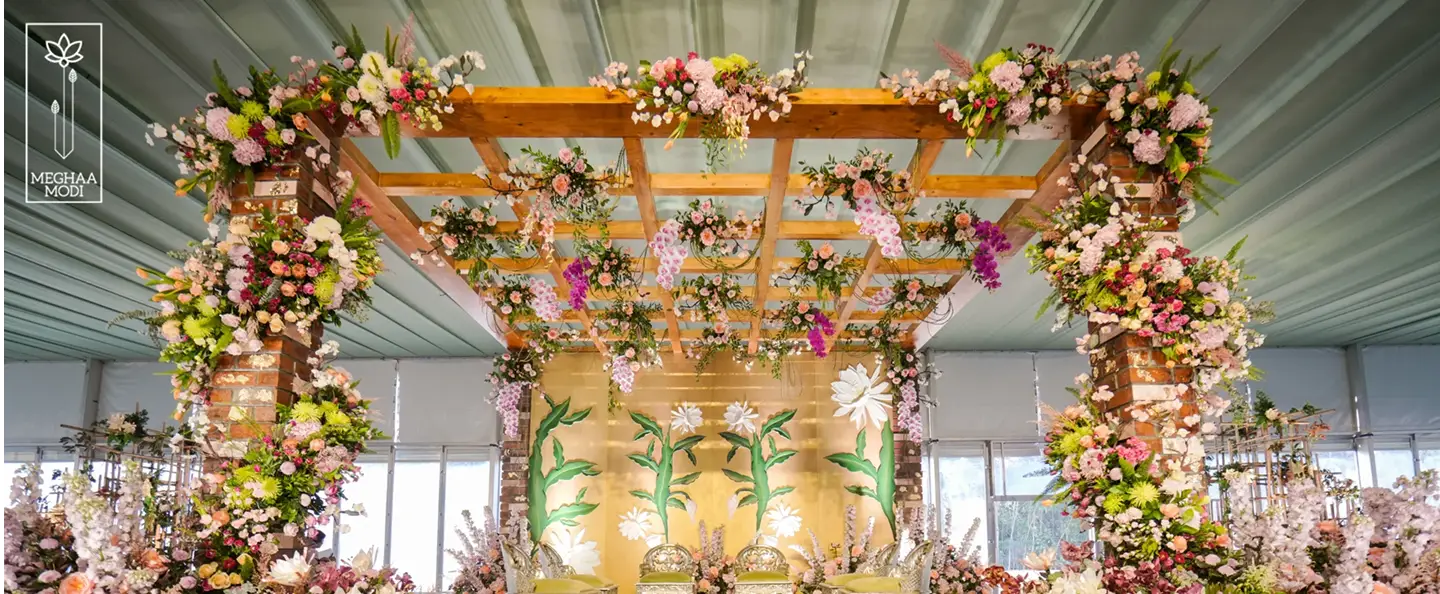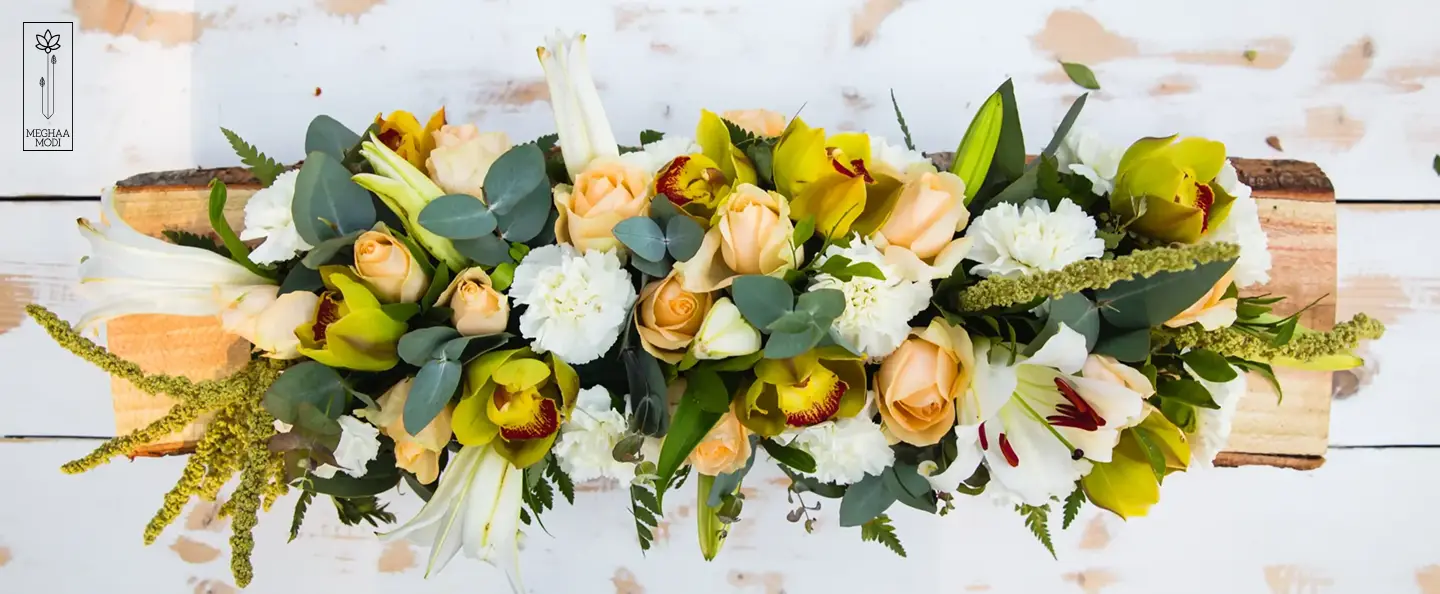Indian culture is a tapestry woven with vibrant threads of diverse subcultures, creating a mesmerizing amalgamation.
Like a gorgeous bouquet of mixed flowers, the Indian culture celebrates unity while cherishing the unique essence of each subculture. Flowers hold a special place in this cultural tapestry, adorning every aspect of daily life in India.
Be it a wedding, worship, or someone recovering from a disease, flowers form an integral part of living in Indian culture and tradition. From religious rituals to festive celebrations, exotic flowers in India embody the spirit of Indian traditions and add a touch of beauty and fragrance to every moment.
The Significance of Flowers in Indian Culture
In the rich tapestry of Indian culture, unique flowers in India play a vital role, symbolizing purity, beauty, and devotion.
They are an integral part of daily routines, starting the day with offerings to god and nurturing indoor plants.
Common flowers in India hold unique significance in various aspects of Indian life, reflecting the deep-rooted connection between nature and spirituality.
Traditional Uses of Flowers in Rituals and Festivals
Indian traditions are intertwined with an array of rituals and festivals that celebrate the vibrant colors and fragrant blooms of flowers. Colors hold immense importance in Indian culture, with attire often adorned in vivid hues.
The most beautiful flowers in India like lotus, jasmine, marigold, rose, mogra, and tuberose create an enchanting atmosphere, evoking positive emotions and transporting individuals to cherished memories.
Flowers in Religious Practices
In temples and sacred spaces, the presence of flowers creates an ambiance of divine connection. A simple plate of puja flowers can transport devotees to the sanctity of a temple, infusing a sense of spirituality. The fragrance, colors, and visual allure of flowers awaken the senses and enhance the spiritual experience.
Flowers as a Source of Joy
Beyond their religious and cultural significance, exotic flowers in India have the power to uplift moods, evoke happiness, and create a positive ambiance. Their mere presence can infuse spaces with beauty and serenity, enveloping individuals in a sensory journey.
The fragrance of unique flowers in India awakens memories and allows one to relive moments even without physically being present.
Preserving Floral Traditions
The art of floral arrangement and decoration has been passed down through generations, preserving the beauty and symbolism of common flowers in India.
From intricate garlands adorning idols to elaborate floral decorations at weddings and celebrations, the artistry of flower arrangement is deeply ingrained in Indian culture.
Learn floral design at Meghaa Modi Design School
Our floral design courses are meticulously designed to ignite your creativity and provide you with the skills and knowledge needed to excel in the world of floral artistry.
Led by renowned floral master Meghaa Modi, our courses combine traditional techniques with contemporary trends, and empower you to create stunning floral arrangements that are both visually captivating and deeply meaningful.
Master the Art of Floral Design:
● Indulge in a comprehensive curriculum of floristry.
● Explore your inner artist and unleash creativity.
● Learn the fundamentals of color theory and composition.
● Understanding the symbolic significance of different blooms.
● Gain hands-on training and expert guidance
By completing our floral design courses, you will not only gain the skills to create awe-inspiring floral arrangements but also open doors to exciting career opportunities.
Explore our range of floral design courses, enroll, and join us at Meghaa Modi Design School.
In the End,
The fusion of flowers within Indian culture is a testament to the beauty and diversity that exists within this captivating nation.
From intricate rituals to joyful celebrations, the most beautiful flowers in India bring color, fragrance, and meaning to every aspect of life.
They not only serve as ornamental elements but also create a profound sensory experience, connecting individuals to their heritage, traditions, and spirituality.
As we immerse ourselves in the vibrant world of Indian culture, let us cherish the enchanting amalgamation of flowers that continue to bloom and inspire in this extraordinary land.




